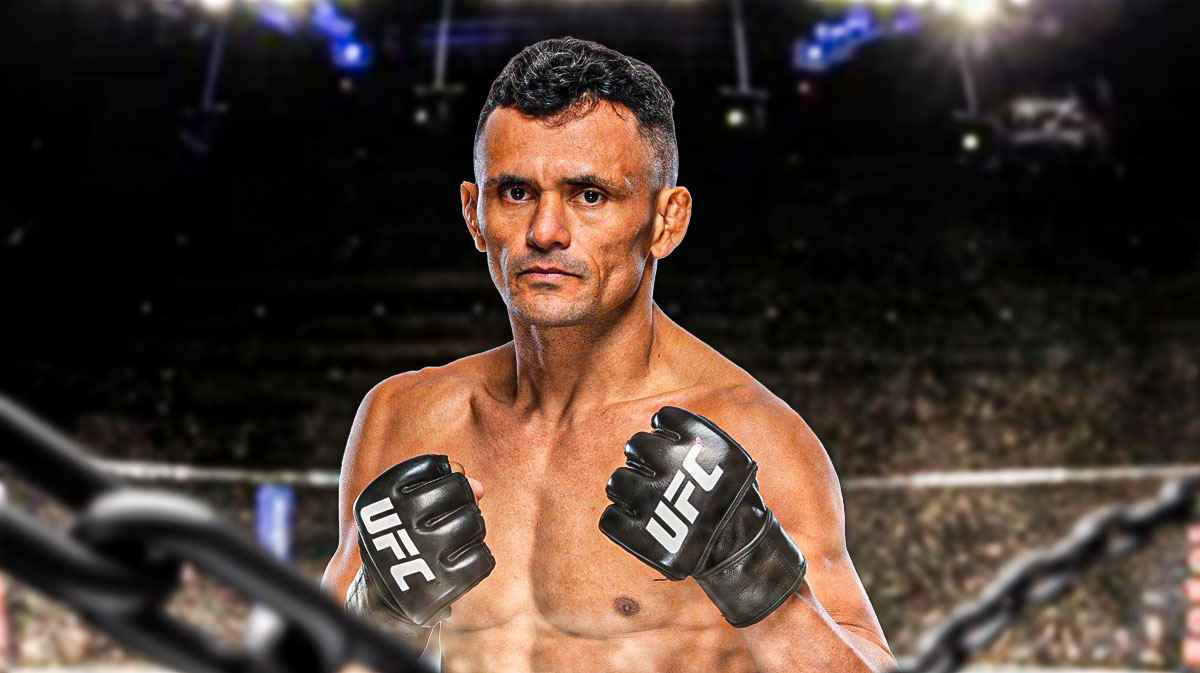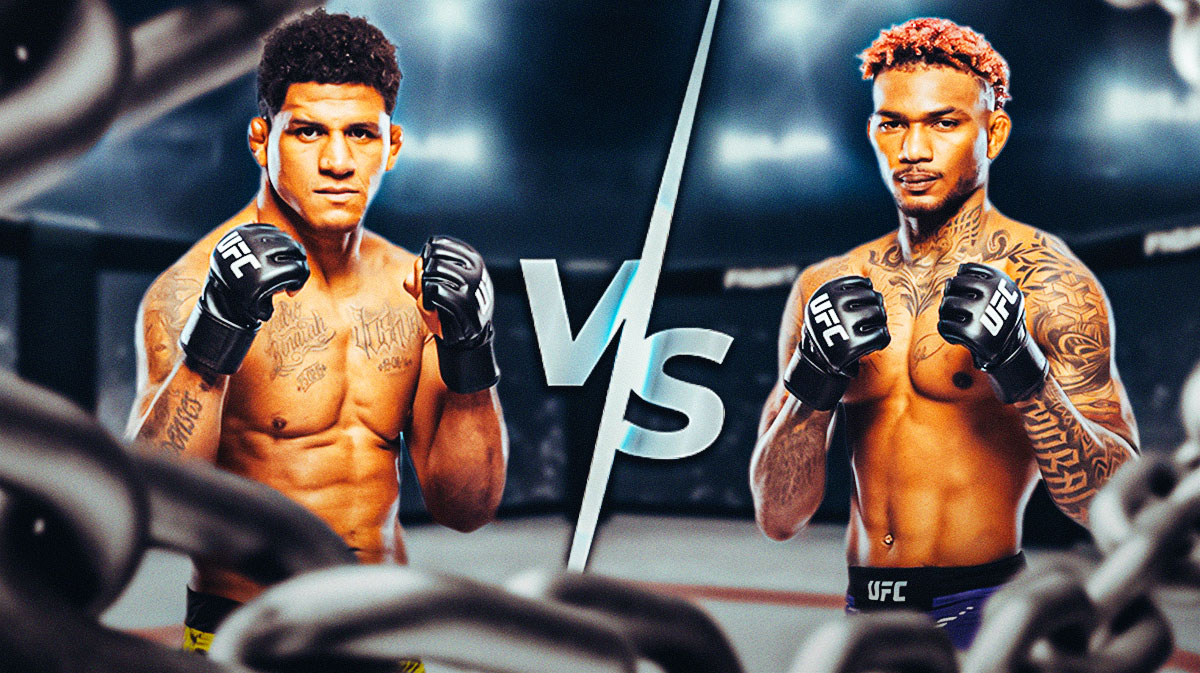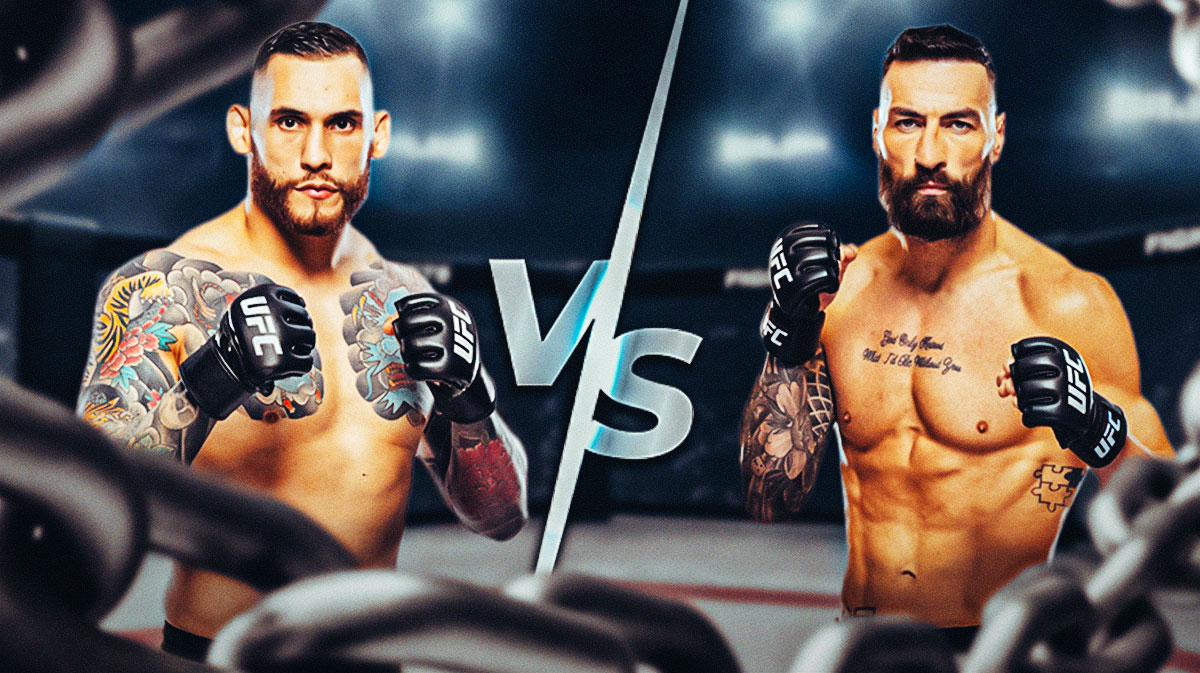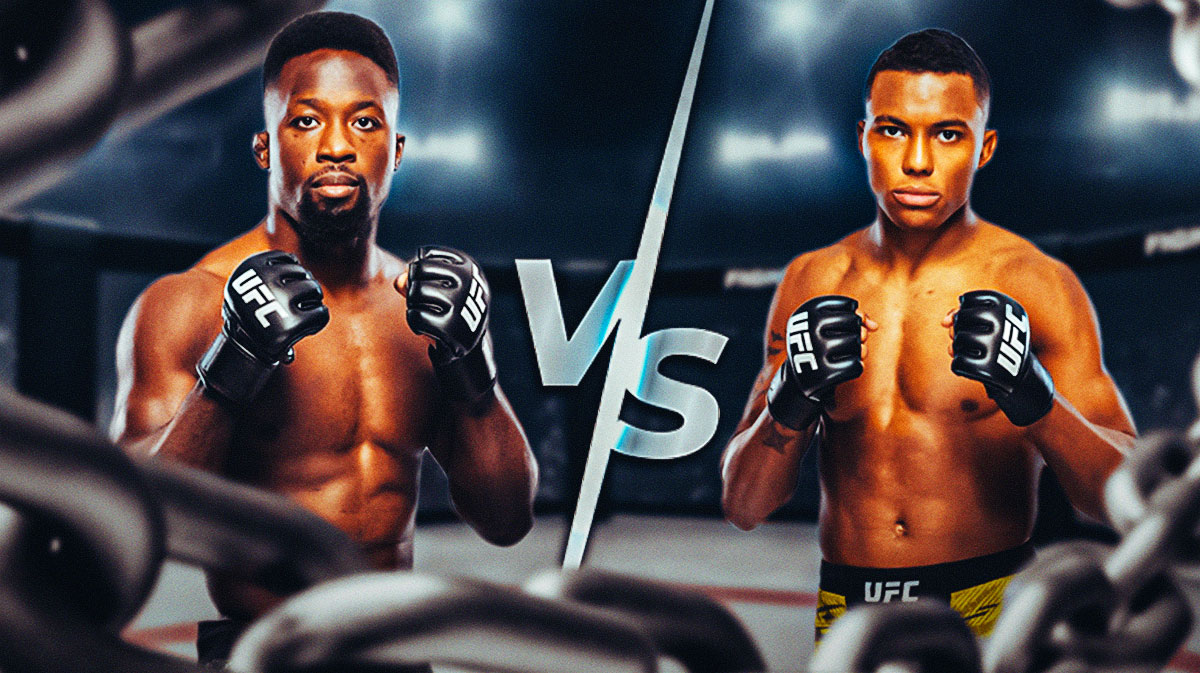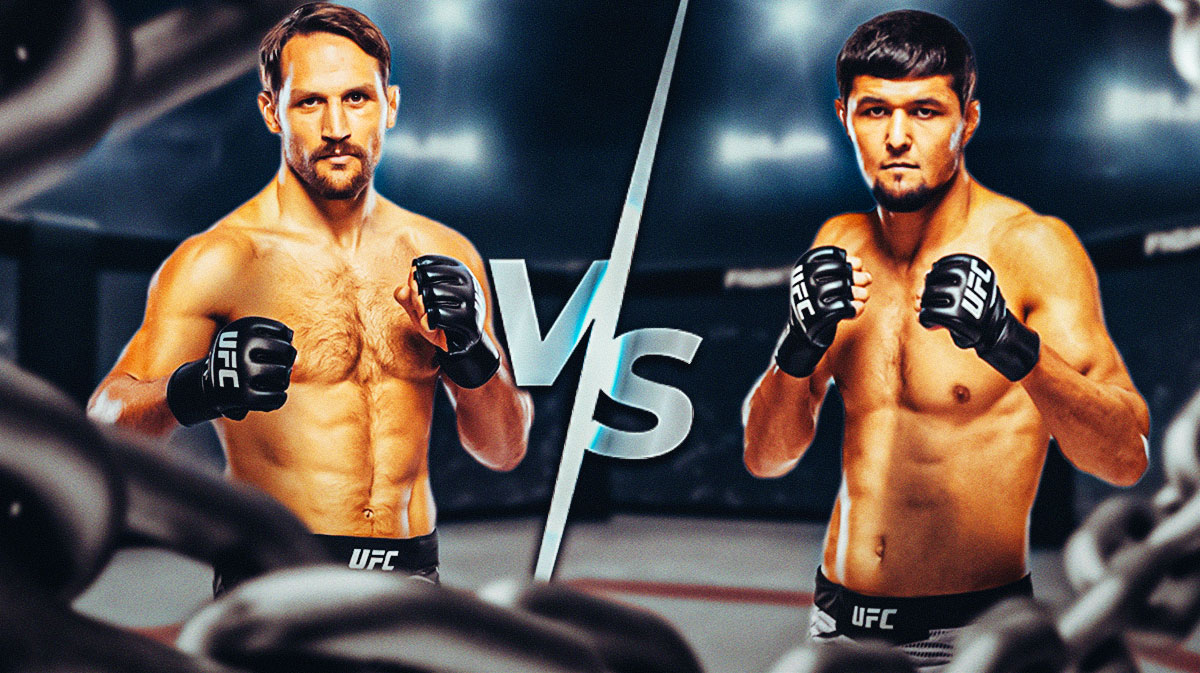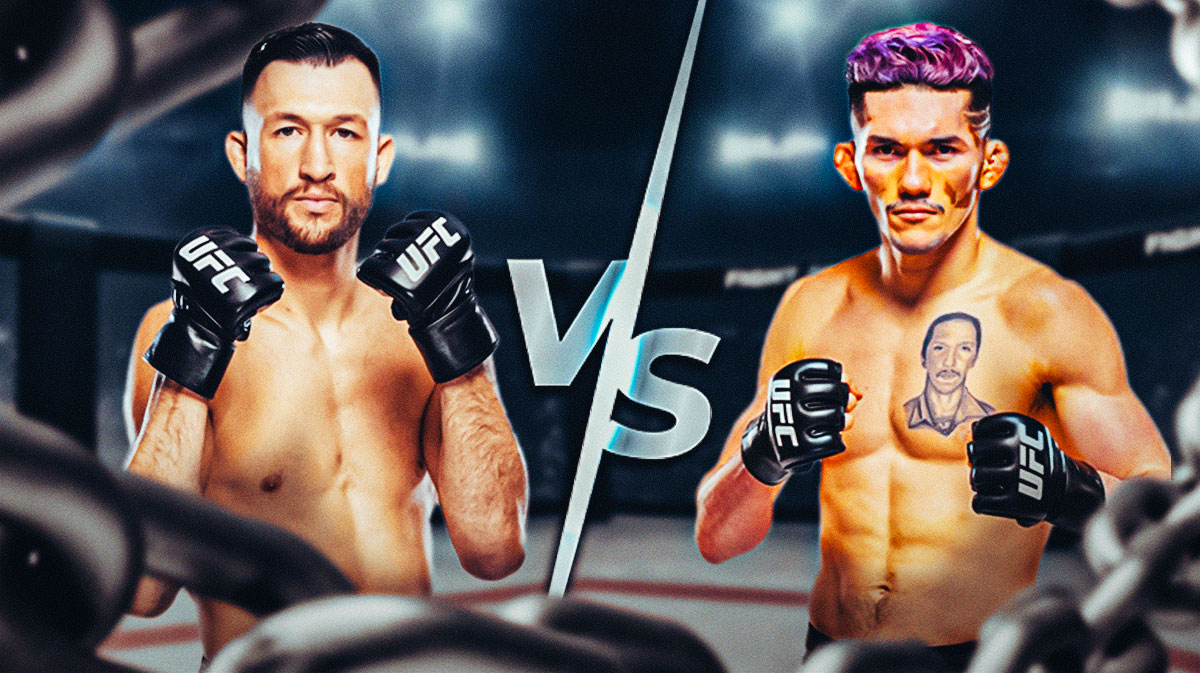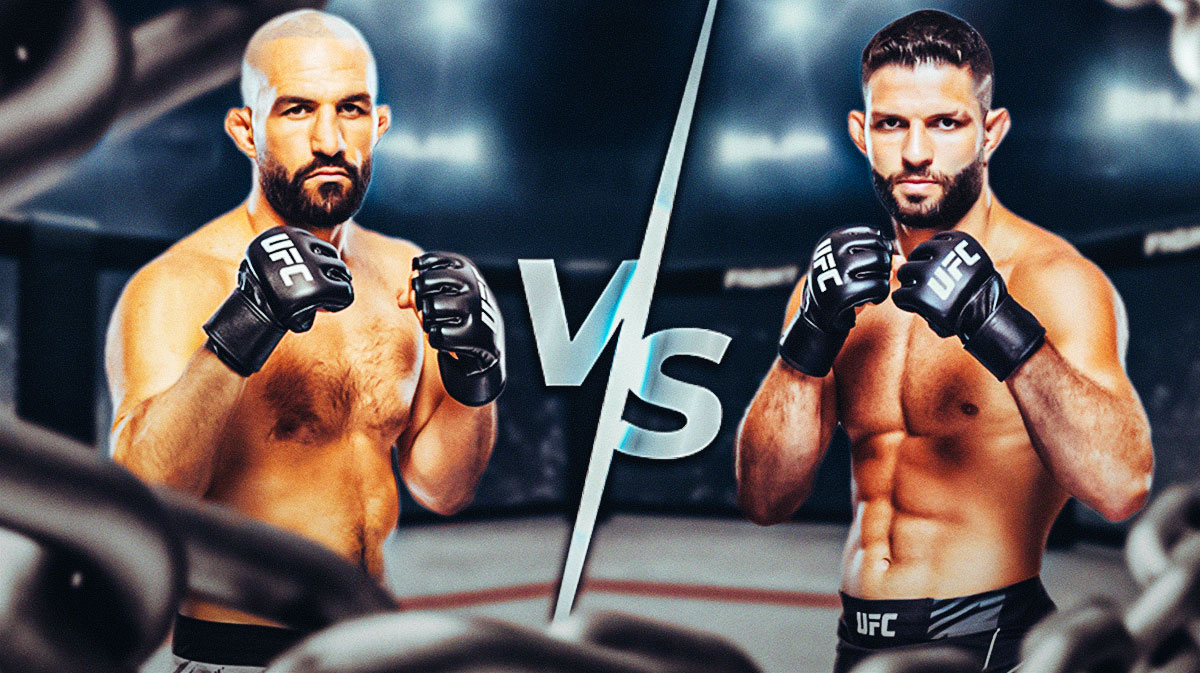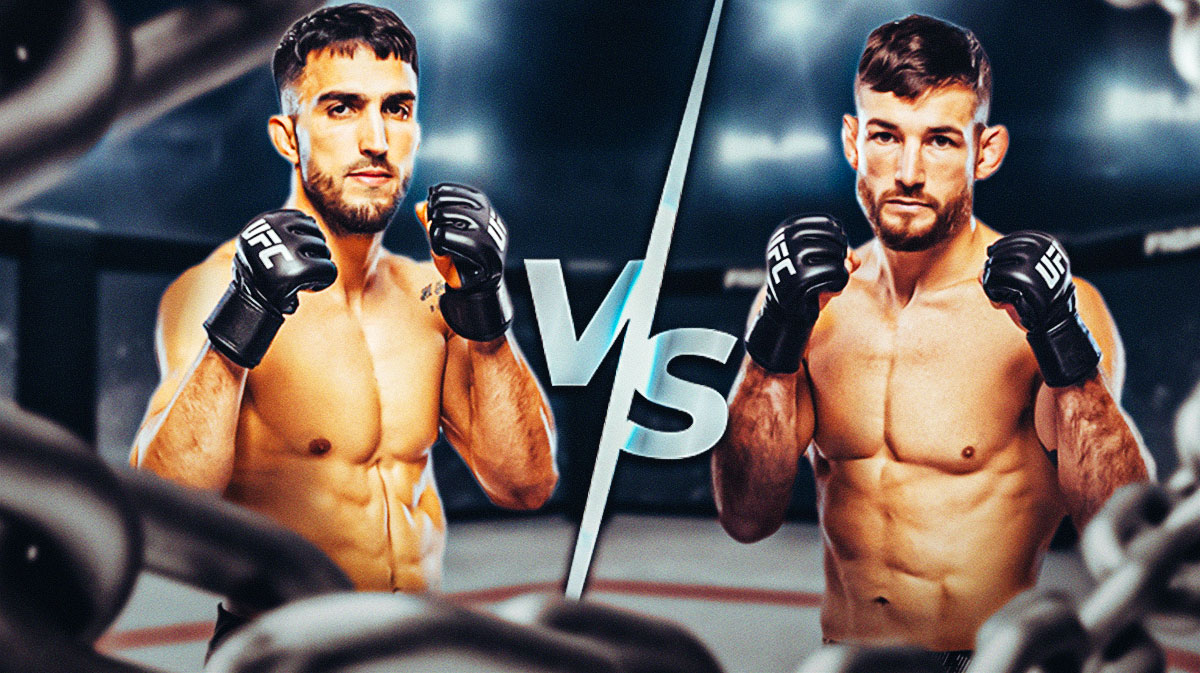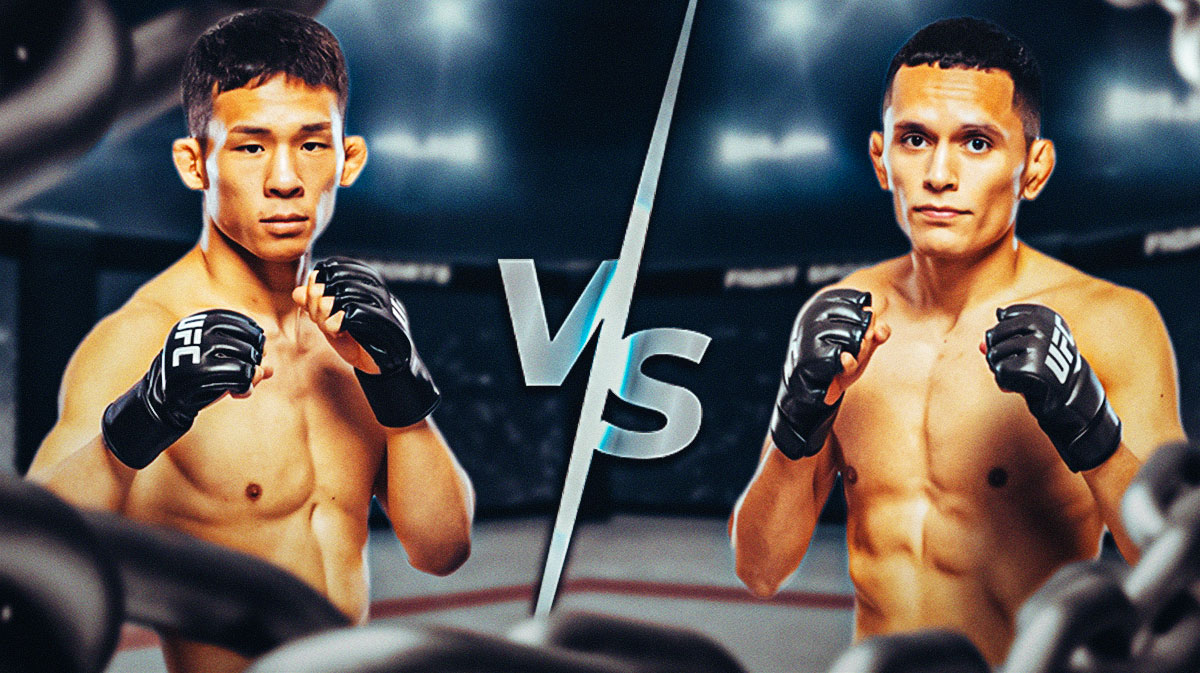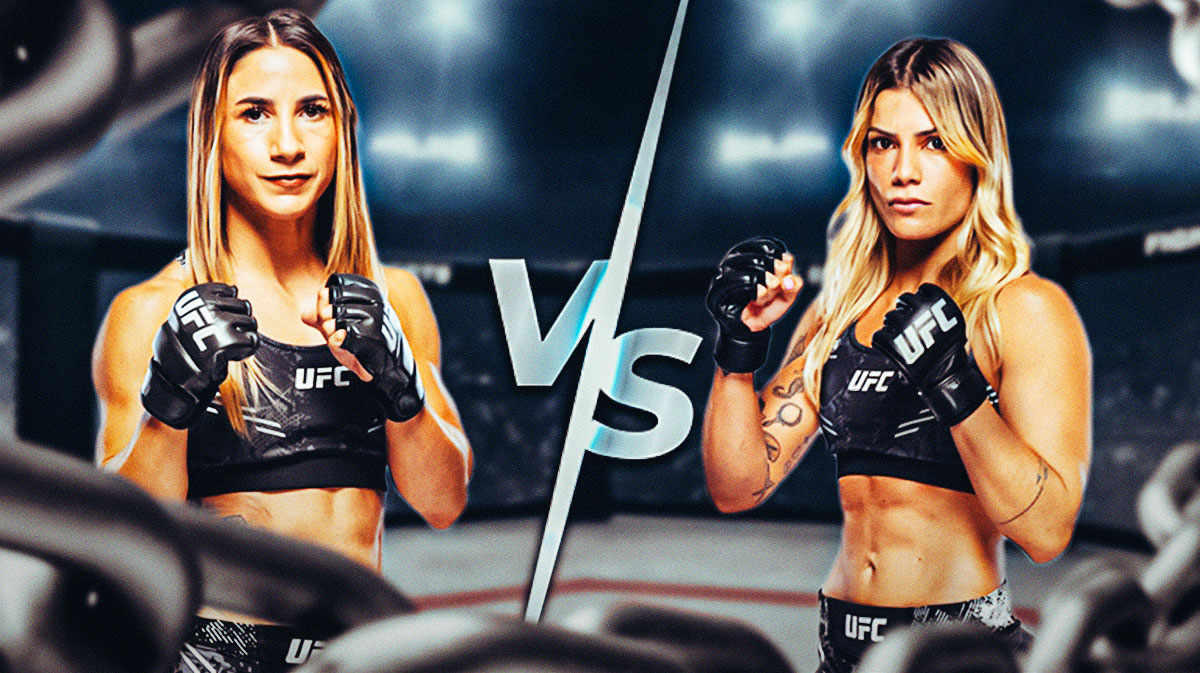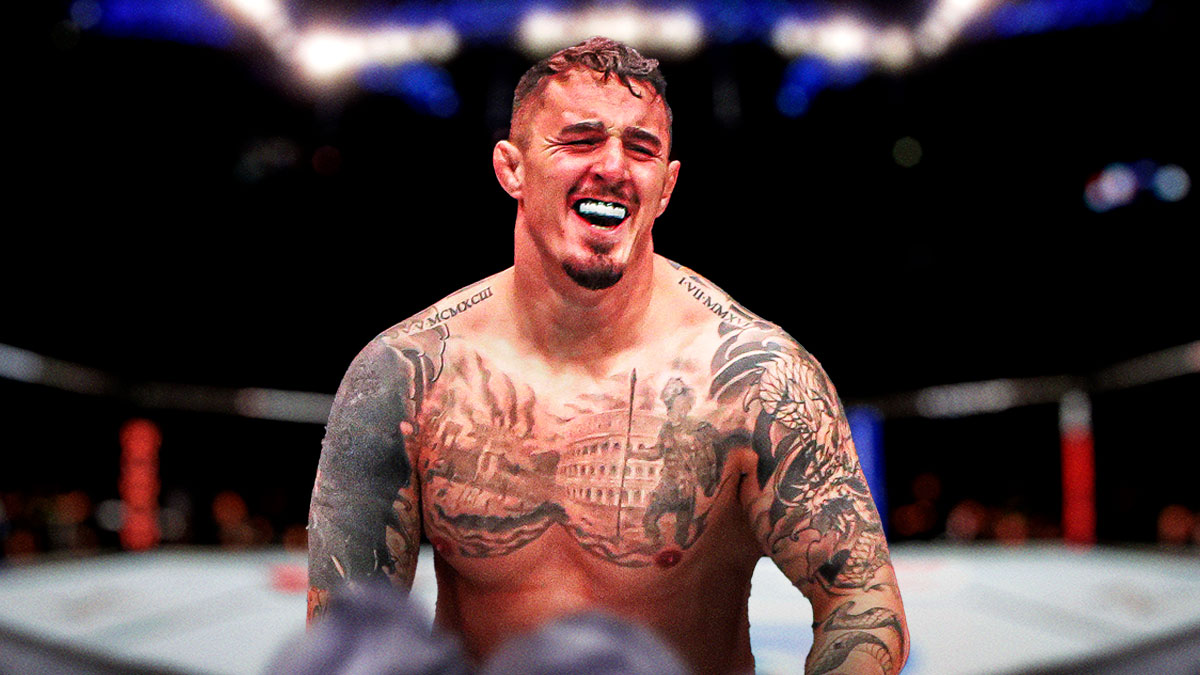On the eve of UFC Fight Night 253, Douglas Silva de Andrade’s anticipated bout against John Castaneda was abruptly called off, leaving fans and pundits puzzled. The official explanation at the time cited a lack of medical clearance, but the real reason has now come to light, Silva de Andrade tested positive for a banned substance, leading to a six-month suspension from the UFC.
Douglas Silva de Andrade has been suspended six months by UFC anti-doping program CSAD after testing positive for furosemide.
The program says the substance was traced back to a contaminated supplement. Silva de Andrade will be eligible to return Aug. 28. pic.twitter.com/JGRDMZw8Kx
— Nolan King (@mma_kings) May 2, 2025
The anti-doping body Combat Sports Anti-Doping (CSAD) revealed that a urine sample collected from Silva de Andrade on February 14, 2025, in Belem, Brazil, tested positive for furosemide, a diuretic and masking agent prohibited at all times under the UFC Anti-Doping Policy. The notification of the adverse finding arrived just after Silva de Andrade had made weight for the March 1 event in Las Vegas. The timing forced the UFC to withdraw him from the card immediately after the weigh-ins.
Silva de Andrade, a UFC veteran since 2014 with no prior history of failed drug tests, submitted a dietary supplement he had been using for analysis. The supplement’s label did not list furosemide as an ingredient, yet testing at the Sport Medicine and Research Testing Laboratory (SMRTL) in Salt Lake City confirmed the presence of the banned substance. To rule out tampering, CSAD independently purchased a sealed container of the same supplement from Brazil, which also tested positive for furosemide.
This evidence strongly indicated contamination rather than intentional doping. However, under UFC policy, athletes are strictly advised to use only third-party certified supplements to avoid such risks. Silva de Andrade, unfortunately, failed to comply with this directive, which contributed to the imposition of his suspension.
“While there was no evidence of the intentional use of furosemide by Silva da Andrade, he did not follow the UFC ADP directions to UFC athletes to ONLY consume approved 3rd party tested supplements.”
– UFC Official Statement
Furosemide is classified as a diuretic and masking agent. While it is sometimes used medically to treat fluid retention, in sports it is banned because it can be used to rapidly cut weight or mask the presence of other performance-enhancing drugs. Its presence in Silva de Andrade’s sample triggered an automatic violation of the UFC’s anti-doping rules, regardless of intent.
The Suspension: Terms and Timeline
CSAD imposed a six-month suspension on Silva de Andrade, retroactive to February 28, 2025-the date he was provisionally suspended and removed from UFC Fight Night 253. This means he will be eligible to return to competition on August 28, 2025. The Nevada Athletic Commission, which maintains jurisdiction over the case due to the scheduled fight in Las Vegas, has also been notified and may take further action if deemed necessary.
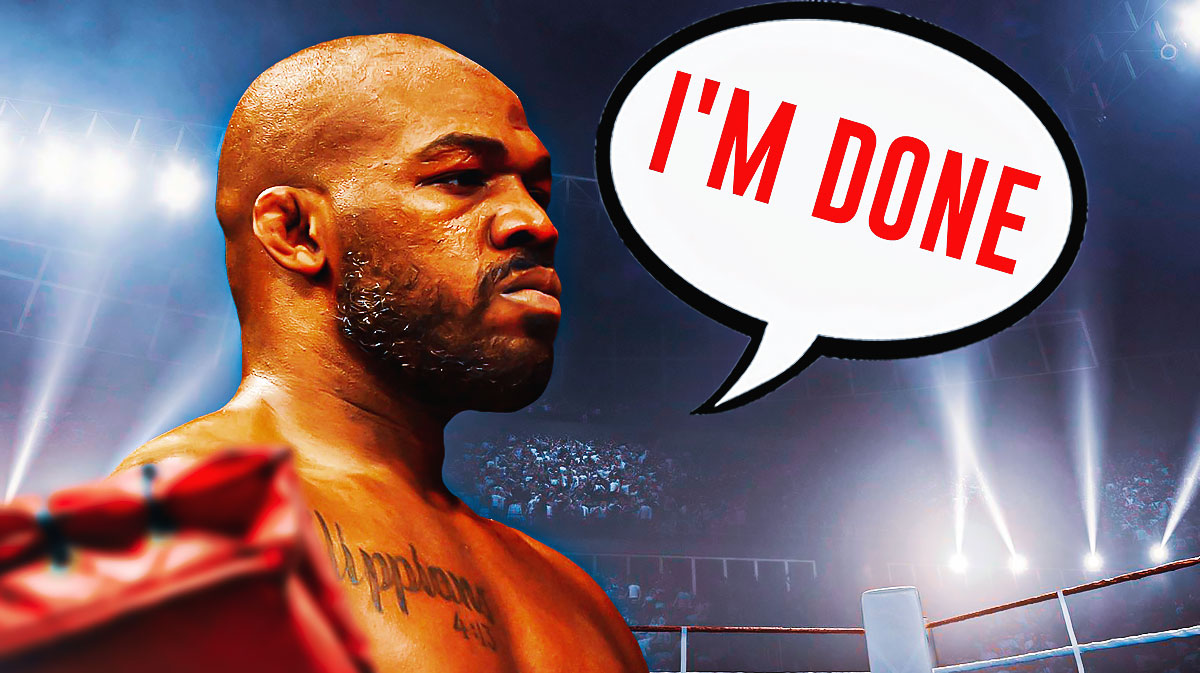


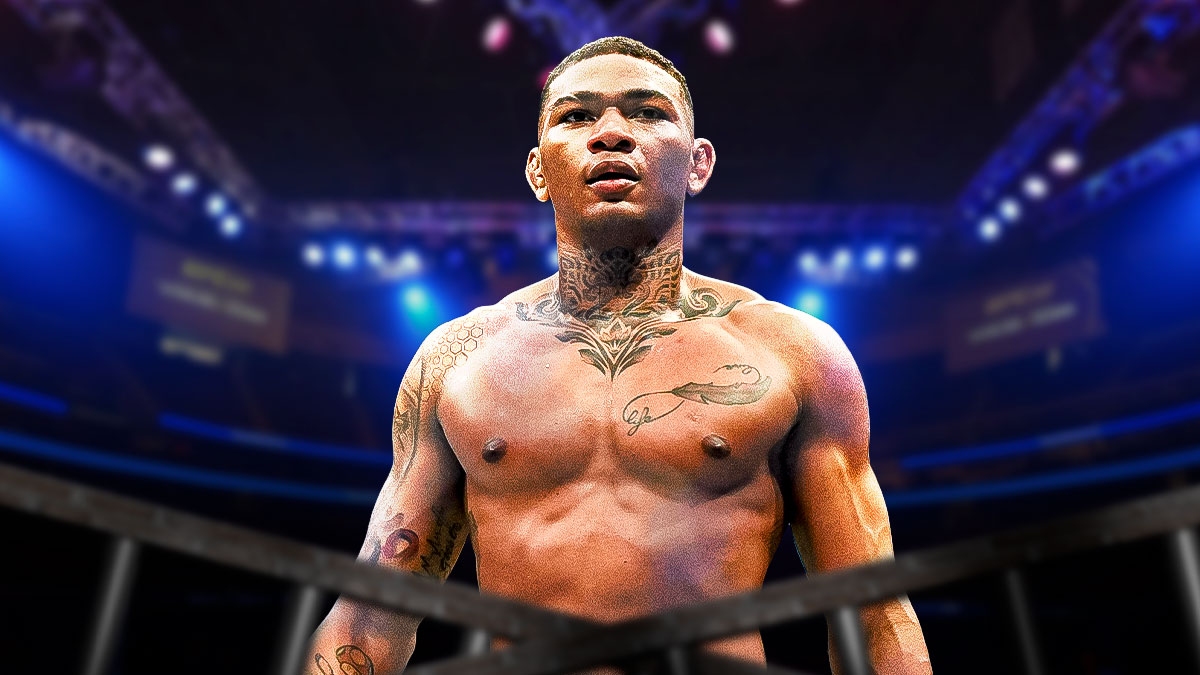
At 39, Silva de Andrade is one of the more seasoned fighters in the bantamweight division. He boasts a professional record of 29-6 (1 NC), with 20 wins coming by knockout and two by submission. Since joining the UFC in 2014, he has compiled a 7-6 record, facing a mix of rising prospects and established veterans. Known for his aggressive style and resilience, Silva de Andrade has earned multiple performance bonuses and has never previously failed a drug test.
His most recent UFC appearance was a unanimous decision loss to Miles Johns in June 2024. Prior to that, he secured a decision win over Cody Stamann in May 2023, demonstrating he remains a competitive force in the division despite his age.
What’s Next for Douglas Silva de Andrade?
Silva de Andrade will be eligible to return to competition at the end of August 2025. Given his track record and the nature of the violation, it’s likely he will be welcomed back into the UFC fold, though his future matchups may depend on how the Nevada Athletic Commission chooses to proceed. For now, his case serves as a cautionary tale for all fighters about the risks of supplement use and the unforgiving nature of anti-doping regulations.
For Silva de Andrade, the suspension is a setback, but the absence of evidence for intentional doping preserves his reputation to some extent. The UFC’s measured response-a six-month suspension rather than a longer ban-reflects both the seriousness of the violation and the mitigating circumstances of supplement contamination.
As the MMA community digests the news, one thing is clear: vigilance and strict adherence to anti-doping policies remain paramount for athletes hoping to avoid similar pitfalls in their careers. The saga of Douglas Silva de Andrade is a reminder that in the pursuit of excellence, even unintentional mistakes can carry significant consequences.
